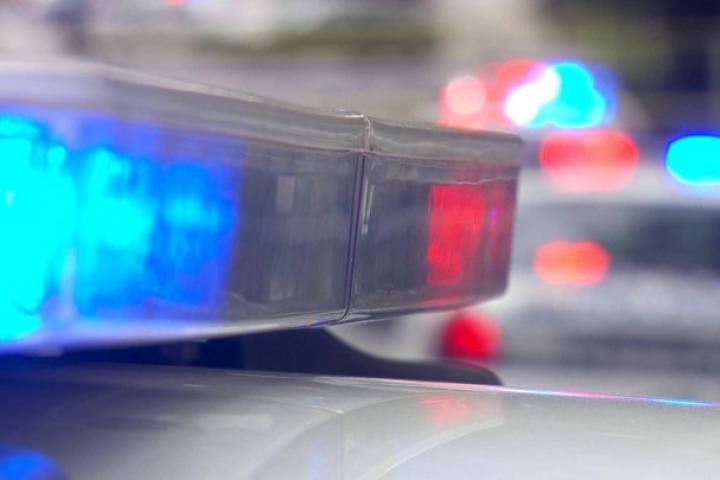Being stopped by the police is never a fun experience. It can be very unsettling to be pulled over on the street or in a vehicle and questioned by the police. When you are stopped by the police, the very first question you would have is “what are my rights? Do I have to say anything? If so, to what extent?”
What To Do If The Police Stop You: Your Basic Rights When Dealing With Police In Canada
There are very limited exceptions – you may have a duty to identify yourself and to provide identification – the law in Canada is clear: every individual has the right to remain silent, the right to Counsel and to other protected rights as well.
1. Basic Rights When Dealing With Police In Canada: Being stopped on the street
Suppose that you are walking on the street and encounter the police. If the police simply say “stop” or surround you then you are detained since the officer blocks your path in an intimidating manner.
A “detention” is the act of keeping back or withholding, either accidentally or by design, a person or thing. R. v. Suberu, the leading case from the Supreme Court of Canada, defines a detention as follows:
“A suspension of an individual’s liberty by significant physical or psychological restraint, with various factors helping to determine whether there was a psychological detention.”
The difficulty for you is that you do not know if the police have reasonable grounds to detain you. This ambiguity can easily be resolved by simply telling the police officer that you do not want to speak to them and ask, “Am I free to go?”. If the police tell you that you are not free to leave you are now detained and you have the right to be told why.
Related: “I Am Being Arrested By the Police. I Need to Speak to a Lawyer”
Generally, the police do not have the power to stop or question you without a reason. The police are only permitted to detain and demand your identification when they have reasonable suspicion that you are engaged in criminal activity. If the police do not have a reasonable reason the detention is illegal and any evidence they obtain can be excluded at trial.
However, there is an exception, if the police stop you to issue an appearance notice or if you have committed a by-law infraction or other ticket-able offence, you are under an obligation to identify yourself by giving them your name and address. It is a criminal offence to lie about your name or address and you may be charged with obstructing the police from carrying out their duties.
When you are detained, you have no obligation to say anything to the police, nor do you need to answer any of their questions. You are free to say absolutely nothing to the police as the law allows you to remain silent.
The police also have a duty to let you speak to a lawyer in private as soon as possible. It is highly recommended you speak to a lawyer before making any statements to the police.
2. Basic Rights When Dealing With Police In Canada: Being stopped while driving
Just like when you are stopped on the street, your Charter rights apply to you and to anyone else in your car when the police officer pulls you over while you are driving. However, in Canada, driving is considered a privilege, not a right and the power for a stop comes from the Motor Vehicle Act. Thus, while you are protected by the Charter rights, there are certain obligations that you have during a police vehicle stop.
The police are legally permitted to investigate in almost all driving situations if the police have reasonable grounds to believe you have committed a criminal offence, or if they observe you committing an offence under the Motor Vehicle Act.
Under the Motor Vehicle Act, a driver must present their driver’s licence, vehicle registration and proof of insurance for the vehicle they are driving.
Failure To Stop For Police In BC
Failing to cooperate with the police officer in this situation may give them the right to arrest you and lay a criminal charge for obstruction.
The police can also order you to step out of your vehicle if they suspect you are driving while impaired or if they have reasonable grounds to concern for their safety.
However, the police power to stop your vehicle to investigate your license, insurance, registration, or the safety of your vehicle does not permit a comprehensive search of your car or an investigation into the identities of your passengers. You have a right to say “no” to a police demand to search your vehicle.
Likewise, passengers do not have an obligation to identify themselves unless the police have reasonable suspicion or belief that they are involved in a criminal offence or by-law infraction.
Remember that it’s always your right to ask why you are being stopped and to contact a lawyer before answering any questions or consenting to the police requests.
If you are in need of legal assistance, or would like more information regarding your basic rights when dealing with the police in Canada, call Filkow Law today. Our lawyers have over 50 years of experience in the BC Criminal Court system and can help.

